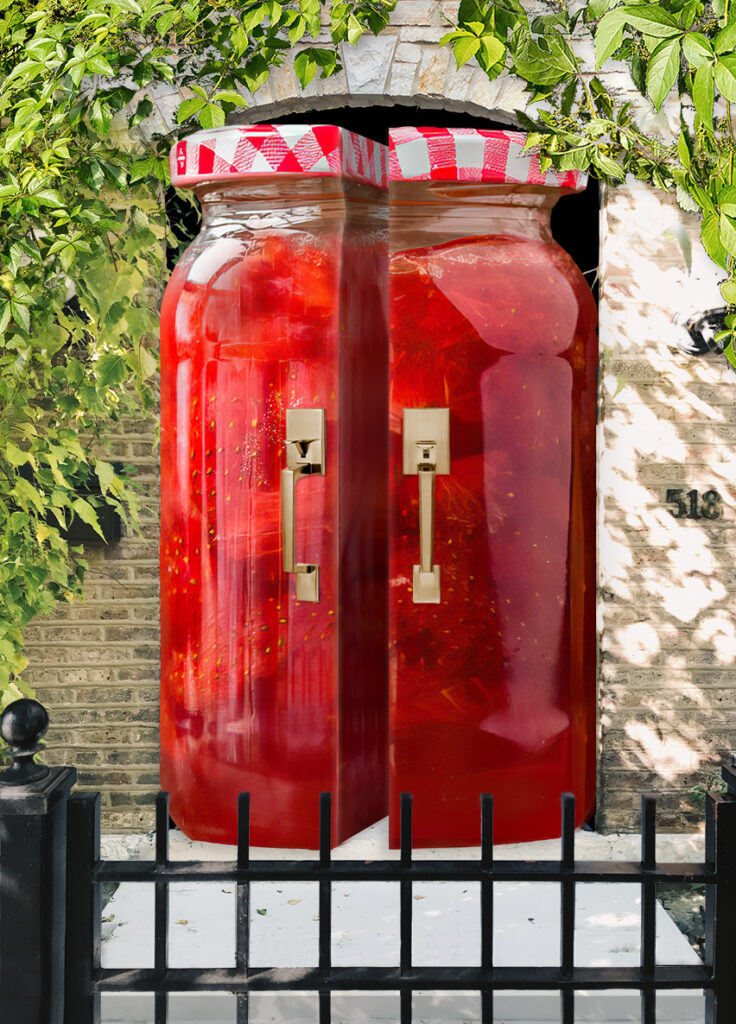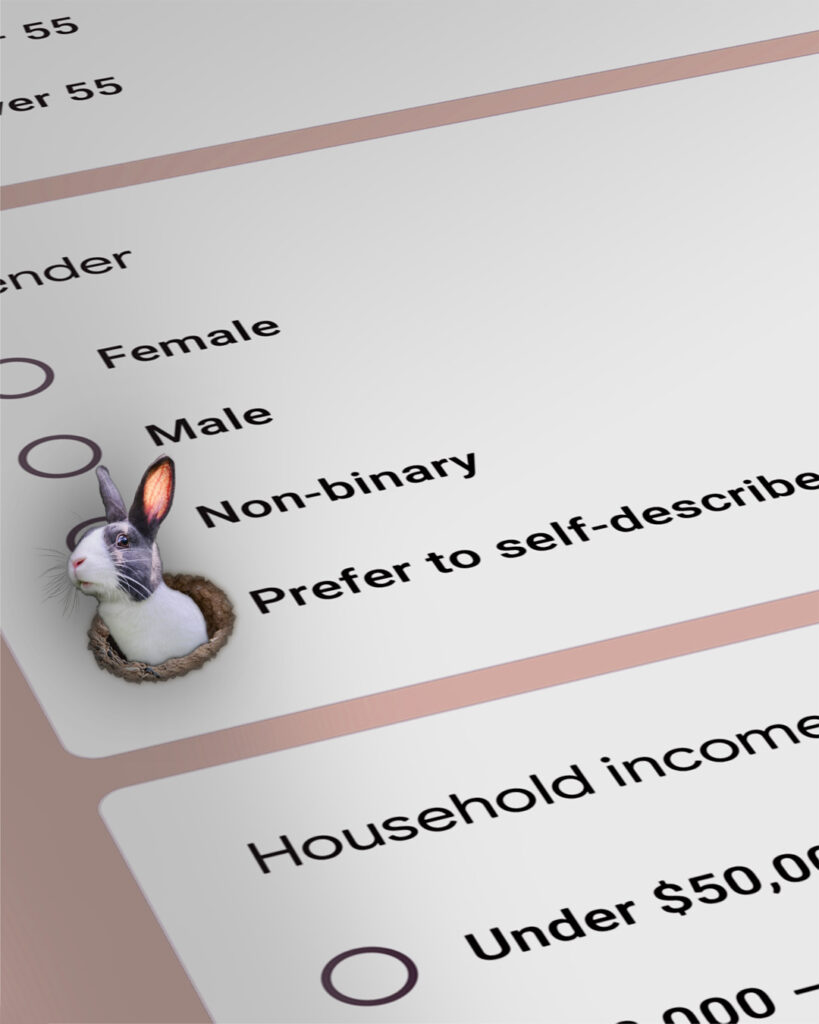As my old friend Regina could tell you, I’m usually able to appreciate a good pun. But there’s one pun-based riddle that has always annoyed me: “When is a door not a door?” The answer is, “When it’s a jar (i.e., ajar).” When I was a child, the riddle was incomprehensible and hence not funny, simply because I was unfamiliar with the word “ajar.” Even when the word eventually entered my vocabulary — in a house shared with cats and kittens, a door that’s ajar can be a bad thing — the riddle still irritated me, because its premise is clearly untrue. When a door is ajar, it doesn’t stop being a door. It’s a door and it’s a jar.
As unintuitive as it seems, two seemingly contradictory things can be true at the same time. The difference lies in the context. For example, in the context of ethnicity, I’m Jewish. In the context of religion, I’m not. A Nazi would say that I’m Jewish, a Hassid would say that I’m not, and both would be correct.
I belong to a chorus whose music, with few exceptions, is arranged for soprano, alto, tenor, and bass. My voice would normally be classified as baritone, but that’s not one of the options, so I found my home in the tenor section. In the context of the chorus, I’m a tenor; in the context of solo singing, I’m a baritone. Both can be true at the same time.
These examples — to me at least — feel uncontroversial. So I wonder why cases involving gender can’t be equally straightforward. My chorus (if I may use it in another example) used to include, in each season’s repertoire, one song performed just by the men and another performed just by the women. There’s a long tradition of this in choral music: Men’s voices and women’s voices have such distinctively different qualities that songs are often arranged for one or the other. (Think of the contrasting sounds of the Mills Brothers and the Andrews Sisters.) But a few years ago, we permanently dropped the men’s and women’s songs in order to avoid discomfort for gender-nonconforming people.
I’m all for sparing people unnecessary discomfort. But is it really necessary to eliminate entire categories of music? Just about every person I’ve ever met, regardless of their gender identity, has what is traditionally considered a man’s voice or a woman’s voice. Can’t we say to someone, “In the context of society, you’re a trans woman/nonbinary person/gender-fluid individual, but in the context of choral music, you’re a man”? (In cases of people whose voices are not neatly categorizable, they can choose the group that they fit into more comfortably, just as I, a baritone, chose tenor over bass.)
I hesitate to wander into politically disputed territory, but can’t we say the same thing about restrooms? I’m a great fan of urinals. They use less water, take up less space, and require fewer surrounding walls than toilets. Practically speaking, it makes sense for anyone who can physically use a urinal to use one. Perhaps one day there will be one big room where everyone can urinate into the fixture of their choice, but for now, urinals are almost universally found behind the door marked “Men.” So can’t we say, if only for environmental reasons, that — strictly in the context of elimination — anyone who can make use of a urinal is considered a man?
I understand that there is more at stake here than practicality. I can see how for someone who has been has been maligned, demeaned, threatened, or attacked for not conforming to traditional notions of gender, the idea of being asked to accept a label that they have so long fought against would be abhorrent. But if we could break from the habit of assigning a single label to each person, to recognizing that everyone can have multiple labels in multiple contexts, the meaning and force of any individual label would be reduced. If a door can simultaneously be a door and ajar, can’t a person simultaneously be a man and a woman, depending on the context? And wouldn’t that then be true of most of us?


Recent Comments